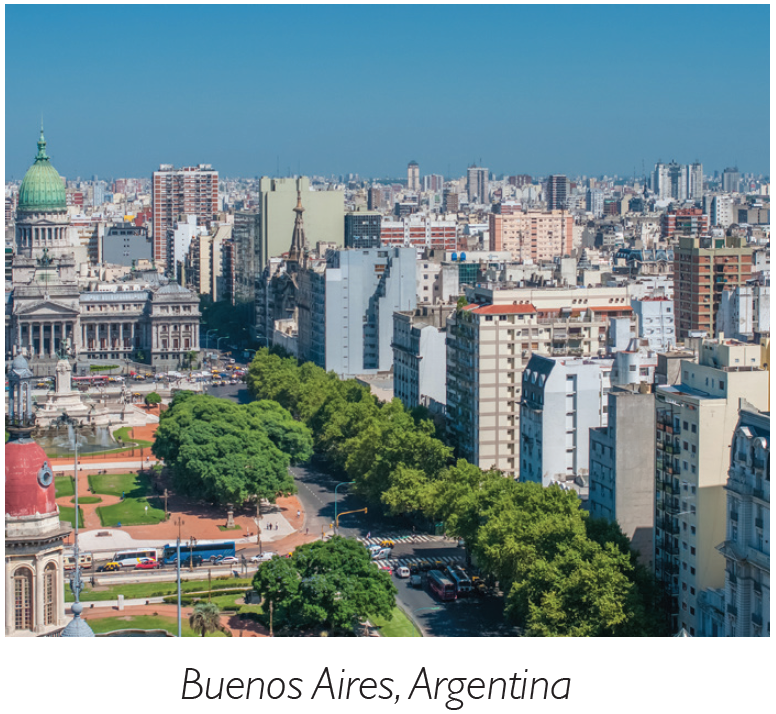Borrower Overview
TriLinc has provided financing to a dairy co-operative located in Argentina. Established in 1938, the company sources from over 760 associated producers and 59 associated cooperatives, making it one of the largest dairy exporters in the country, selling to over 30 countries, thereby providing local farmers access to international markets. As a Co-Op, the company plays an important role in developing its members through providing training and social services, technical assistance, financial consulting, environmental care services (including environmental management of farms, waste treatment, water conservation, etc.), and developing local infrastructure. The company operates in compliance with a ISO 9001 Quality Management System, HACCP standards, and the ISO 26000 guide on social responsibility and holistic approaches to enterprise management. The company also adheres to the UN Global Compact, the largest voluntary corporate responsibility initiative in the world, and the Global Reporting Initiative.
Market Overview

In 2014, Argentina was classified as an upper-middle income country by the World Bank.1 Between 2010 and 2014, annual GDP growth rates averaged approximately 4.4%.2 Argentina’s main exports have traditionally been soybeans and derivatives, petroleum and gas, vehicles, corn, and wheat. 7 Conversely, imports have been focused in machinery, motor vehicles, petroleum and natural gas, organic chemicals, and plastics.3
Argentina meets TriLinc’s country standards for its performance across relevant growth, and access metrics but not all stability metrics.4 Due to our Investment Partner’s successful historical experience in-country with financing exports, Argentina has been approved on a conditional basis for this Investment Partner, specifically for export financing where the buyer is typically a developed market company or a large conglomerate, and for borrowers with whom our Investment Partner has worked with in the past. As the third largest economy in Latin America, the country benefitted from the $178 billion in net foreign direct investment that was estimated to have flowed into the region in 2014.5 Between 2010 and 2014, annual GDP growth rates for the region have averaged approximately 3.6% and are forecasted to reach approximately 2.8% in 2017.6
Additional Sustainability & Impact Highlights
- The company extends technical and commercial assistance and training to improve the productive and economic performance of associated producers, collaborators, suppliers, secondary agricultural education institutions, and agro technical schools.
- In line with the company’s objectives to increase eco-efficiency and reduce pollution, the company utilizes artificial wetlands to treat liquid effluents through an aquatic plant filtration system and recovers 97.9% of residuals to transform them into organic fertilizers.
- The company’s charitable donations include supporting a program that provides children across the country with a daily glass of milk throughout the school year, and supporting employees with incomplete primary or secondary education.
1The World Bank, Data – New Country Classifications, 2015. 2The World Bank, World Development Indicators Database, 2015. 3CIA, The World Factbook, 2015: Argentina. 4There is no assurance that TriLinc’s investment in this company or this market will be successful. 5The World Bank, World Development Indicators Database, 2015. 6The World Bank, Global Economic Prospects, 2015.
The above information is as of the initial date of investment: April 16, 2014.
An investment with TriLinc carries significant fees and charges that will have an impact on investment returns. Information regarding the terms of the investment is available by contacting TriLinc. This is a speculative security and, as such, involves a high degree of risk. Investments are not bank guaranteed, not FDIC insured and may lose value or total value. Some investments may have been made in an investment vehicle that is no longer open for investment. The highlighted investment may or may not have been profitable. There is no guarantee that future investments will be similar.
Want to learn more? Contact Us.
